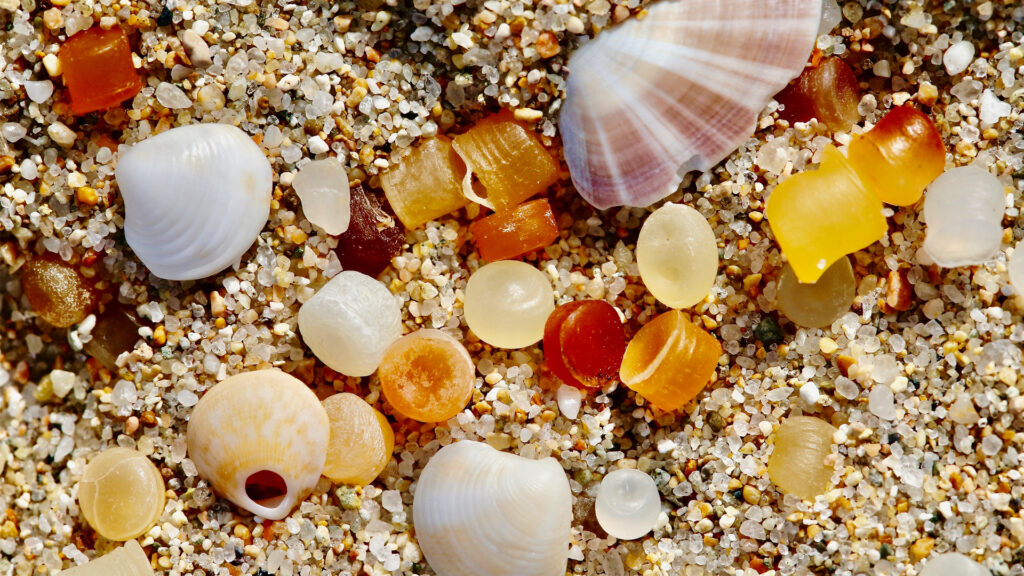By Delaney Ross, Environment Florida
Up until the start of June this year, I had never heard the word “nurdle.” I would imagine most people haven’t either. Ironically, however, these tiny things flying under the radar are causing a massive problem.
Nurdles, or plastic pellets, are tiny beads of raw plastic used to make all kinds of things, from grocery bags to soda bottles. They have two main advantages to producers: They’re cheap and small. That means they can easily and forgivably be left out of sight and out of mind. When they’re spilled or dumped in transport, it doesn’t seem like a big deal. Except it is.
About 10 trillion pellets are dumped into earth’s oceans yearly.

Nurdles are about 5 millimeters in diameter and although they deteriorate with time, they are not biodegradable. This means they stick around for a long, long time. They’ll still be sitting in our waterways when our great-great-grandchildren run the Sunshine State.
The key issue here is where these long-lasting pellets end up. Often, nurdles absorb toxic pollutants from the water in which they land and become homes for zooplankton. This makes the nurdles smell like the sea, or more importantly, food for marine animals.
Between the smell of food and the convenient size and shape of a fish egg, nurdles look, smell and feel like the perfect meal to a plethora of marine animals and seabirds. However, they can easily get stuck in an animal’s digestive tract, or even make it feel full without its needed nutrients, effectively starving our wildlife. It is easy to see that they pose a huge threat to marine ecosystems.
In August 2020, a ship at the New Orleans port was hit by a storm, and a container with hundreds of millions of nurdles was dumped into the Mississippi River. In May 2021, a ship off the coast of Sri Lanka caught fire and sank. This released an estimated 1,680 metric tons of nurdles; The United Nations even called it the “single largest plastic spill on record.”
While there are ways to clean up nurdles once spilled, they don’t have much use after they are contaminated by bodies of water, so factories are in no rush to recoup the loss. Every state that borders the Gulf of Mexico has nurdle factories, including Florida, and this poses a concerning threat to our beautiful ecosystems. So, we must take it back to square one. And this is actually really simple.

Screens and containers to catch stray nurdles can make a big difference, as well as sturdier packaging and vacuuming up loose nurdles in factories. All these solutions, however, start with the corporations that make, use and transport nurdles.
This is where the Plastic Pellet Free Waterways Act comes into play. It would require the Environmental Protection Agency to regulate the discharge of plastic pellets into waterways and hold companies responsible for their dumping.
Usually, op-eds like this might encourage you to write to your elected representatives or boycott plastic altogether. While I won’t discourage that, there’s another way you can help. Environment Florida Research and Policy Center has partnered with environmental organizations and local groups across the state to organize pellet clean-ups where pellets have been found or near ports or plastic manufacturing plants.
Each patrol will collect data to be shared with congressional leaders and boost support for the bill. I encourage you to sign up for a patrol near you at https://bit.ly/summerpelletpatrol and make a hands-on difference in the pellet problem.
Delaney Ross is a University of South Florida student and an intern with Environment Florida.
If you are interested in submitting an opinion piece to The Invading Sea, email Editor Nathan Crabbe at ncrabbe@fau.edu. Sign up for The Invading Sea newsletter by visiting here.



